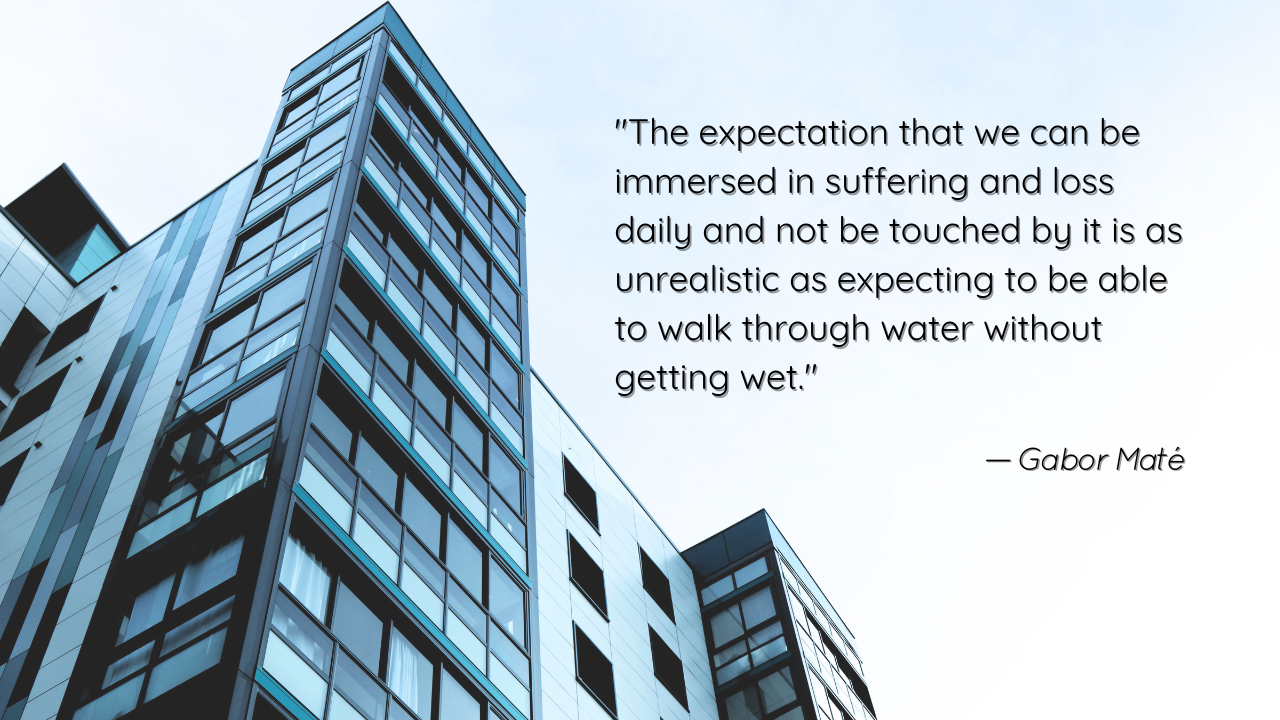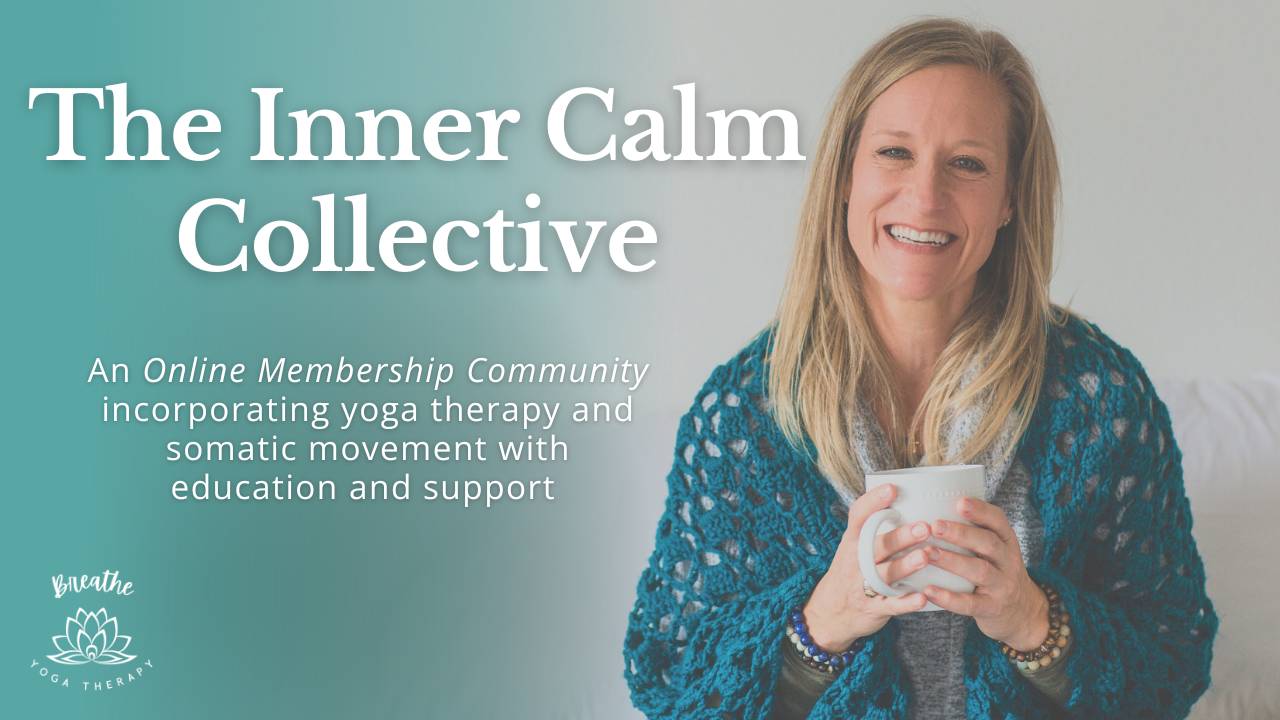Healing the Helpers: Somatic Support for Burnout and Compassion Fatigue in Caregiving Professions

Mental health and addiction professionals dedicate their lives to supporting others who are struggling or in crisis. This work is demanding and admirable and often leaves the provider feeling fulfilled and rewarded that they’re making a difference in the lives of their clients. But being so close to the trauma and hardships of others can also leave clinicians feeling depleted and emotionally raw.
Secondary trauma refers to the emotional and psychological impact of hearing about or witnessing someone else’s trauma. It often mimics post-traumatic stress symptoms like hypervigilance, intrusive thoughts, or emotional numbness. Without support and self-care practices, clinicians and support staff can often succumb to compassion fatigue: defined as the cumulative effect, often over long periods, of caring for others in distress. It combines secondary trauma with emotional exhaustion. Those affected may feel detached, overwhelmed, or unable to empathize the way they used to. Left unaddressed, compassion fatigue can evolve into burnout.
Burnout is chronic work-related stress that leads to physical, emotional, and mental exhaustion. It often includes cynicism, reduced performance, and a sense of hopelessness or feeling "numbed out" by demands. Burnout is characterized by emotional exhaustion and reduced personal accomplishment, can stem from prolonged workplace stress and is a result of dealing with secondary trauma and compassion fatigue without supportive resources and self-care.
The Role of Yoga Therapy for Nervous System Regulation
Yoga therapy offers a somatic approach to healing, emphasizing nervous system regulation and reconnection with the body. By integrating breathwork, mindful movement, and meditation, yoga therapy addresses the physiological and psychological effects of chronic stress and trauma exposure.
Benefits for Healing Professionals
-
Nervous System Regulation: Regularly incorporating yoga tools and practices can help recalibrate the autonomic nervous system, shifting from a state of hyperarousal to one of balance and calm.
-
Embodiment and Presence: Practices foster a renewed connection to bodily sensations, countering the dissociation that often accompanies burnout.
-
Emotional Resilience: Regular sessions can enhance emotional regulation, reducing reactivity and promoting a sense of inner stability.
-
Sustainable Self-Care: Incorporating yoga tools into your routine serves as a proactive measure, supporting ongoing well-being and professional longevity.
Implementing Yoga Therapy
Integrating yoga tools and practices doesn't require extensive time commitments. Even brief, consistent practices can yield significant benefits. Consider starting with guided sessions focusing on breath awareness and gentle movement, gradually building a personalized routine that fits your schedule and needs.
Pouring from a Full Cup
A clinician’s capacity to care for others is deeply connected to how they care for themselves. Yoga therapy provides a pathway to replenish energy, reconnect with the body, and sustain this vital work in the mental health and addiction fields.
Curious about how yoga therapy can support your professional growth or help your team prevent burnout? Click here to learn more and to connect with me to get started.

Join Our Free Online Community!
You don’t have to do this alone. Inner Calm Collective is our online membership community where you’ll get expert tips, tools, and insights on healing anxiety, trauma, and building nervous system resilience.
Get the support and guidance you need to ease stress, calm your nervous system, and feel more at home in your body—every single day. Join now and start feeling the difference today!


